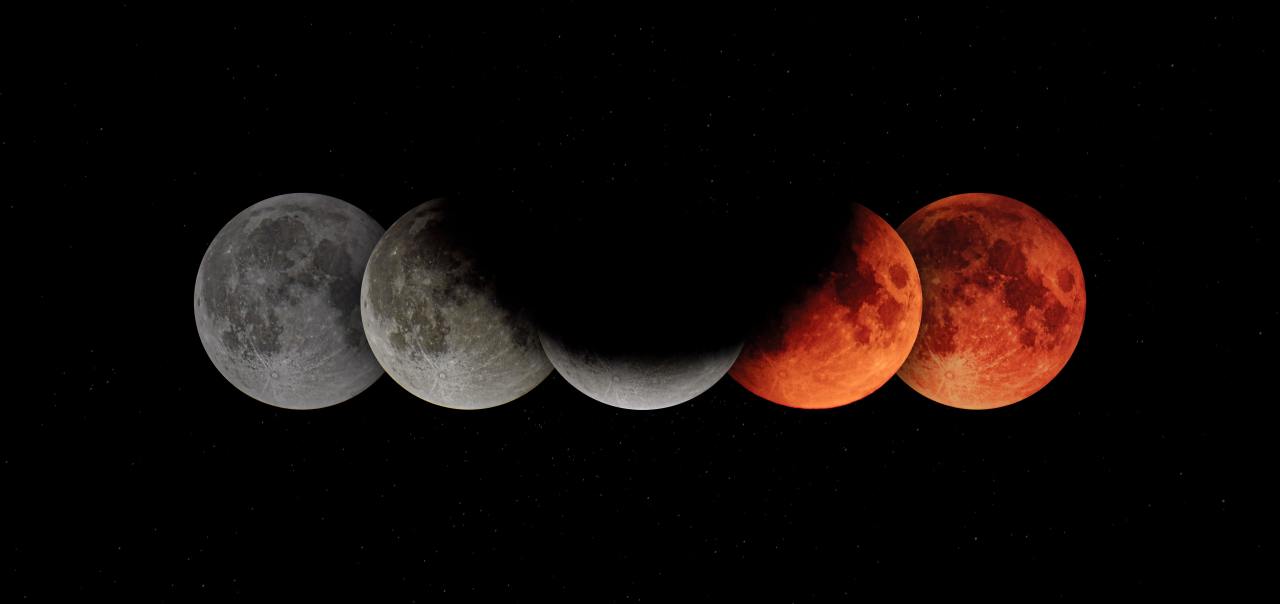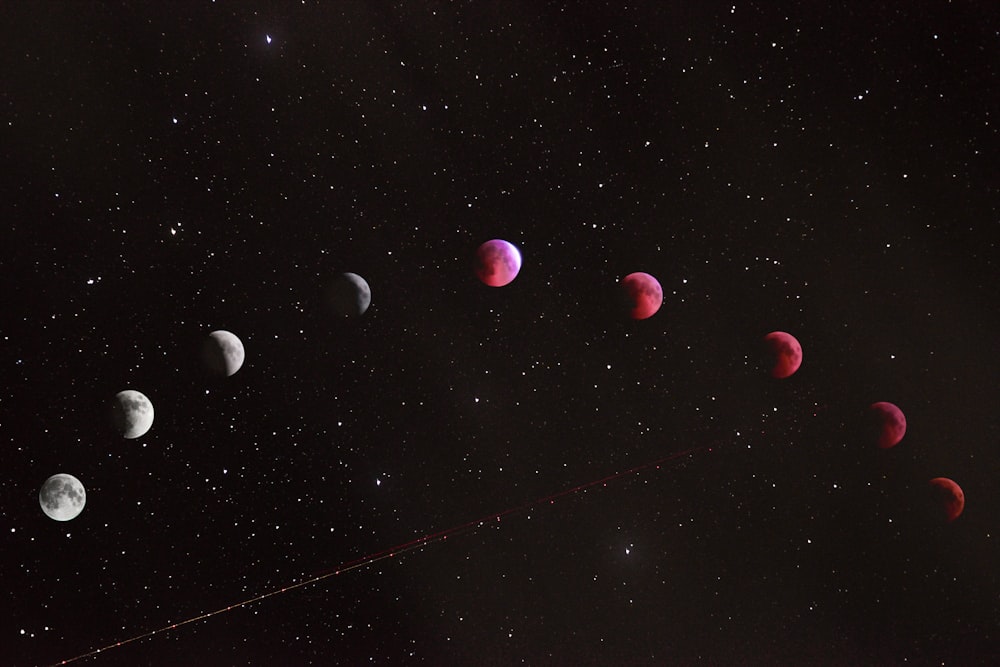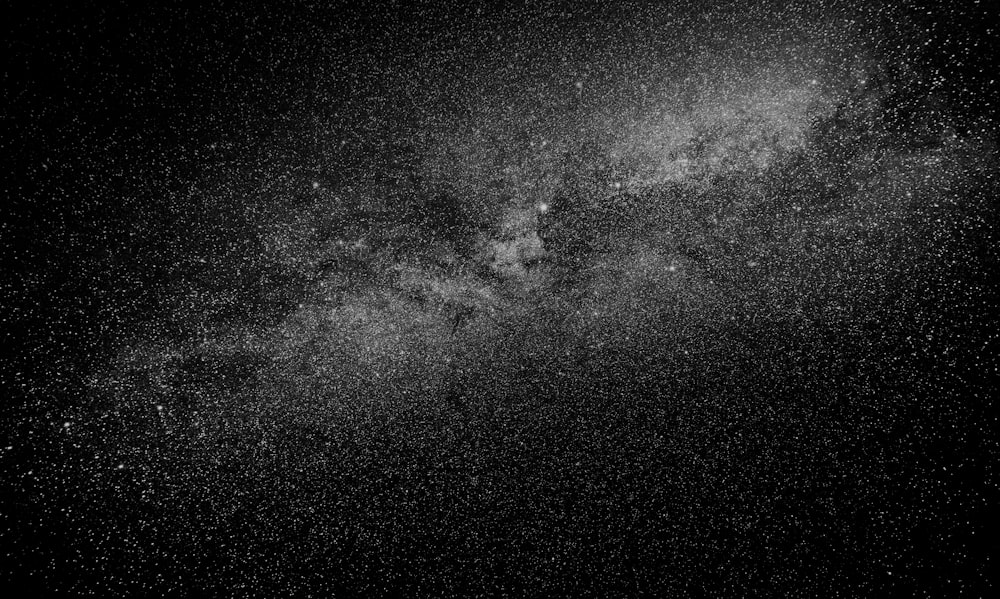Your natal chart is filled with important information like your astrology aspect and planetary aspects.
If you’re not sure what those terms mean, that’s okay!
However, it is filled with important information like your astrology aspect and planetary aspects.

Zoltan Tasi
If youre not sure what those terms mean, thats okay!
Here is everything you gotta know about astrological aspects:
What is each astrology aspect?
In astrology, planets and celestial bodies are incredibly important.

The position of the sun and moon play an important role in your personality.
So do the rest of the planets in your birth chart.
An aspect is an angle the planets make to each other in the horoscope.
Unsplash / Farzad Mohsenvand
To put it simply, an aspect is about angular relationships.
Astrological aspects can be viewed in a birth chart.
so that create your own natal chart, you’ve got the option to use an astrology website.
Unsplash / Jake Weirick
bang out in your birth date, birth time, and location of your birth.
Then your chart will be created for you.
You will be able to see each major and minor aspect in your chart.
Unsplash / Ryan Hutton
What are strong aspects in astrology?
The closer an aspect is, the more unconscious the habit is.
You might not even realize that its something you do because it comes so naturally to you.
Unsplash / Greg Rakozy
Although all the major aspects are important, conjections are the most powerful aspect in astrology.
This is because they mutually intensify the effects of the planets involved.
Thats why you should pay special attention to what your conjections tell you.
Unsplash / Patrick Carr
The information is precious and can tell you a lot about your inner self.
What are the Major Aspects?
There are five major aspects.
Unsplash / Neven Krcmarek
They work together instead of standing alone.
However, the closer they are to the conjunction, the more subjective the energies are.
Conjunctions are focused people who have trouble seeing the other side and have an easy time losing perspective.
Unsplash / Wil Stewart
If there is a lack of conjunctions in a chart, it means you are scattered and flexible.
Some conjunctions are easy.
However, others are more difficult, depending upon the planets and signs involved.
Unsplash / brandon siu
Overall, conjunction astrology is important to pay attention to if youre examining your birth chart.
Sextiles represent communicative and relationship aspects.
They have energies that are capable of being directed.
Unsplash / Octavian Rosca
Sextiles are communicative, expressive, and creative.
This aspect creates tension between the planets.
Although tension can be a positive thing and stimulate action, it can also cause stress.
Unsplash / Shlomo Shalev
Squares are crisis-oriented people who are motivated, energetic, and take action.
The Sun, Mercury, and Venus never form a square because they are never 90 degrees apart.
They represent natural, unconscious talents.
Unsplash / Rodion Kutsaev
Trines are talented, comfortable, and complacent.
If there is a lack of trines in a chart, it means you are conflict-oriented and driven.
The Sun, Mercury, and Venus can never form a trine because they are never 120 degrees apart.
Unsplash / Aperture Vintage
The Opposition 180 degrees
This is the 180 degree aspect.
Oppositions represent divided loyalties.
They are associated with uncertainty, insecurity, and discontent.
Unsplash / Martin Jernberg
Oppositions are insightful and seek growth through relationships.
Minor Aspects
The minor aspects are the semi-square, semi-sextile, quincunx or inconjunct, and sesquiquadrate.
They can provide plenty of information about your personality, just like the major aspects.
Unsplash / Aperture Vintage
They involve two signs that are in two different elements.
This means they have nothing in common.
This is considered one of the hard aspects because it brings about challenges and character building.
If a birth chart has more than two of this aspect, they are incredibly determined.
The Semi-Sextile Aspect
This minor aspect involves planets separated by 30 degrees.
These planets have little in common.
They are uncomfortable and have trouble working together.
The Semi-Square Aspect
This aspect has planets that are separated by 45 degrees.
This aspect can cause tension and create self-doubt.
The Sesquisquare Aspect
This minor aspect involves planets or points that are 135 degrees apart.
These planets needle, push, and annoy each other.
What are the aspect patterns?
Aspect patterns are shapes formed by several planetary aspects in a horoscope.
The most common aspect pattern is called a t-square.
It consists of two t-squares.
Grand Sextile
This is a rare aspect figure.
It consists of six planets at angles of 60 degrees.
They form a hexagram shape.
Grand trine
This is an aspect figure where three planets are situated at angles of 120 degrees.
They form an equilateral triangle, which usually connects three signs in the same element.
Kite
This aspect figure consists of three connected trines, which form a triangle.
However, they are joined by other aspects.
The planet that forms the two sextiles is the point of focus of this aspect figure.
Mystic rectangle
This aspect figure consists of two pairs of planets forming two oppositions.
Thors Hammer
This aspect figure consists of two planets squaring one another.
Both of them form sesquisquare aspects to a third planet.
The fewer degrees in the aspect, the smaller the orb.
Your major and minor aspects can teach you a lot about your personality.
Astrology can help you grow into an even wiser person.













